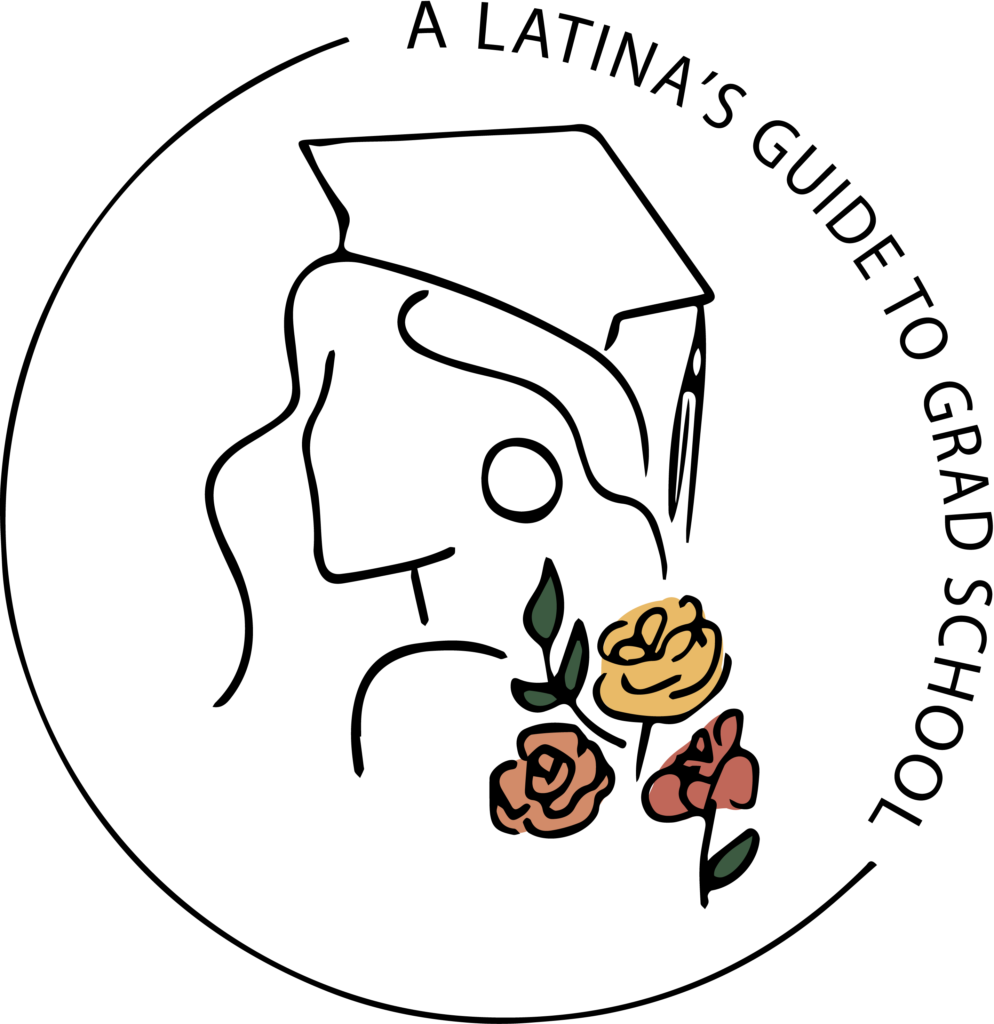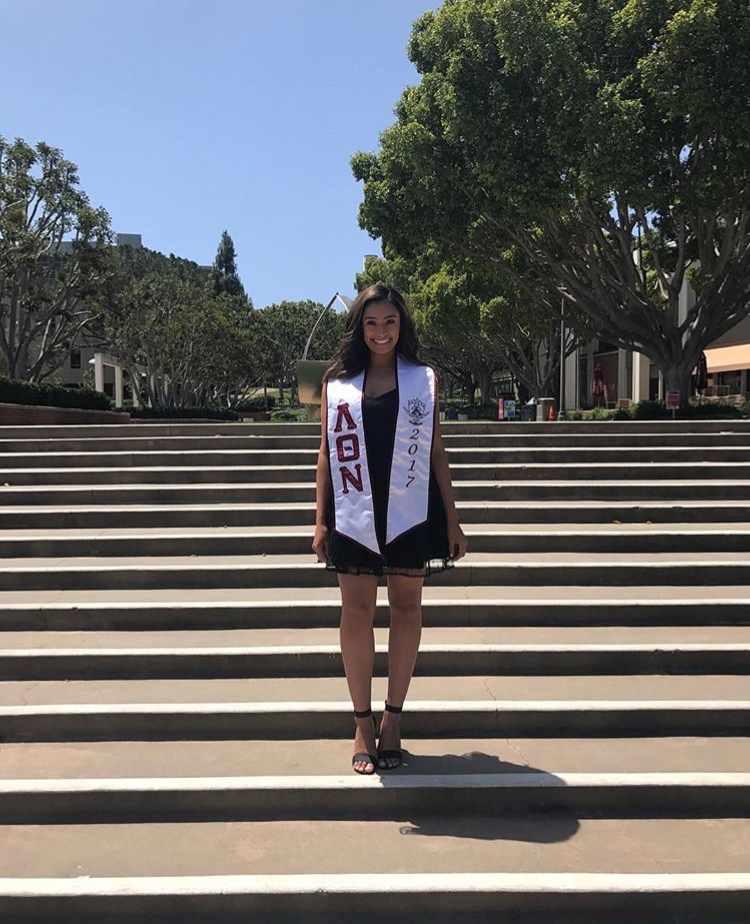Describe your personal, educational, and professional experiences and how they informed your decision to pursue a graduate degree.
Upon graduating from UCLA with a bachelor’s degree in anthropology, I had no idea what I was going to do for the rest of my life. I had a few ideas about different industries (including education, immigration, and law) but I wanted to gain some work experience before I made a decision. Landing my first job out of undergrad was a challenge. I began applying 6 months before I graduated (I knew the job market was competitive so I wanted to get a head start). I applied to at least a hundred jobs and only got a handful of interviews. In the end, exactly one month after graduating with my bachelor’s degree, I accepted a position as a legal assistant at an entertainment company. During my time as a legal assistant, I met with the lawyers on our team and observed their work-life balance (or lack thereof). I determined that the legal profession wasn’t for me and I began exploring other interests. After a lot of self-exploration, online research, and informational interviews, I decided to apply to graduate school and pursue a career in higher education.
My decision to pursue a career in higher education came naturally. As an undergraduate student, a lot of my work centered on addressing racial and ethnic inequalities in education through research, policy, and practice. At UCLA, I conducted research examining the high school dropout rate of Latinx students in Los Angeles County, garnered policy experience through government internships in my congressional district and in Washington, D.C., and worked alongside faculty as a student assistant for the Civil Rights Project at UCLA. Looking back, my path was always right in front of me but I needed additional time to explore other pathways.
What challenges did you encounter along your educational trajectory? How did you overcome those challenges?
Like many Latinx students, my academic trajectory began at my local community college. As a community college student I was lucky enough to have a counselor who provided me with the guidance and support I needed to transfer to university within two years. The real challenge came when I transferred to UCLA where I was one of the 16% of Latinx students on campus. I felt isolated, unprepared, and unwelcome. My first year was one of the toughest years I’ve ever had. I hated the campus, my roommate and I didn’t connect, I didn’t have friends, and I went home every weekend. As a first-generation college student, I didn’t have the knowledge or tools to successfully navigate university. I hardly went to office hours, I tended to sit in the back of the classroom, and I rarely asked for help. It wasn’t until I met a peer at my work-study job who introduced me to the Latinx greek life on campus that I began building a community of support. I joined Lambda Theta Nu Sorority, Inc. a year after I enrolled at UCLA and it was one of the best decisions I made as an undergrad.
The challenges I experienced as a graduate student were a little bit different. During graduate school, I worked two part-time jobs and commuted from home. I was always tired! Working multiple jobs and commuting to school made me feel like I didn’t have enough time to fully immerse myself in the academic experience. During weekdays, my time was really limited. There were days when I wouldn’t get home from class until 10:30pm and still had to make dinner and work on assignments. I definitely lost a few decades of sleep during those years! Not only did I have to sacrifice sleep, but I also had to sacrifice time with my family and my partner. Luckily for me, my partner enrolled in a graduate program a year after I did so we went on a lot of study dates. Imposter syndrome was another challenge that I experience (and that I’m currently experiencing). I felt like my peers were far more experienced and knowledgeable than I was. I remember always comparing myself (my writing, my comments) to them. It took me some time to understand that life isn’t a competition about who is more eloquent or who can write “better.” Life is a journey and we’re all at different stages.
What advice do you have for individuals who are interested in pursuing a graduate degree?
Believe in yourself! You are capable, you are intelligent, and you deserve this.
Don’t compare yourself to others. Everyone has their own journey and their own timeline.
Don’t be too hard on yourself. If you’re not admitted the first time, try again!
Do your research. Why do you want to go to graduate school? What graduate program is right for you?
Start preparing now! It’s important you build connections with faculty, engage in research (if you’re interested in a research based graduate program), and get experience!
Our unique lived experiences, our language, our culture, and our community are strengths. They’re all things that helped you get to where you are today.
What did you enjoy most about your graduate/professional program?
I enjoyed learning about myself. My master’s degree is in counseling which means that, throughout my program, I engaged in a lot of self reflection and personal growth. When I first started my graduate program I was timid and unsure of myself. Now, I am more confident in my own beliefs and I am not afraid to be vocal about the things I feel strongly about.


